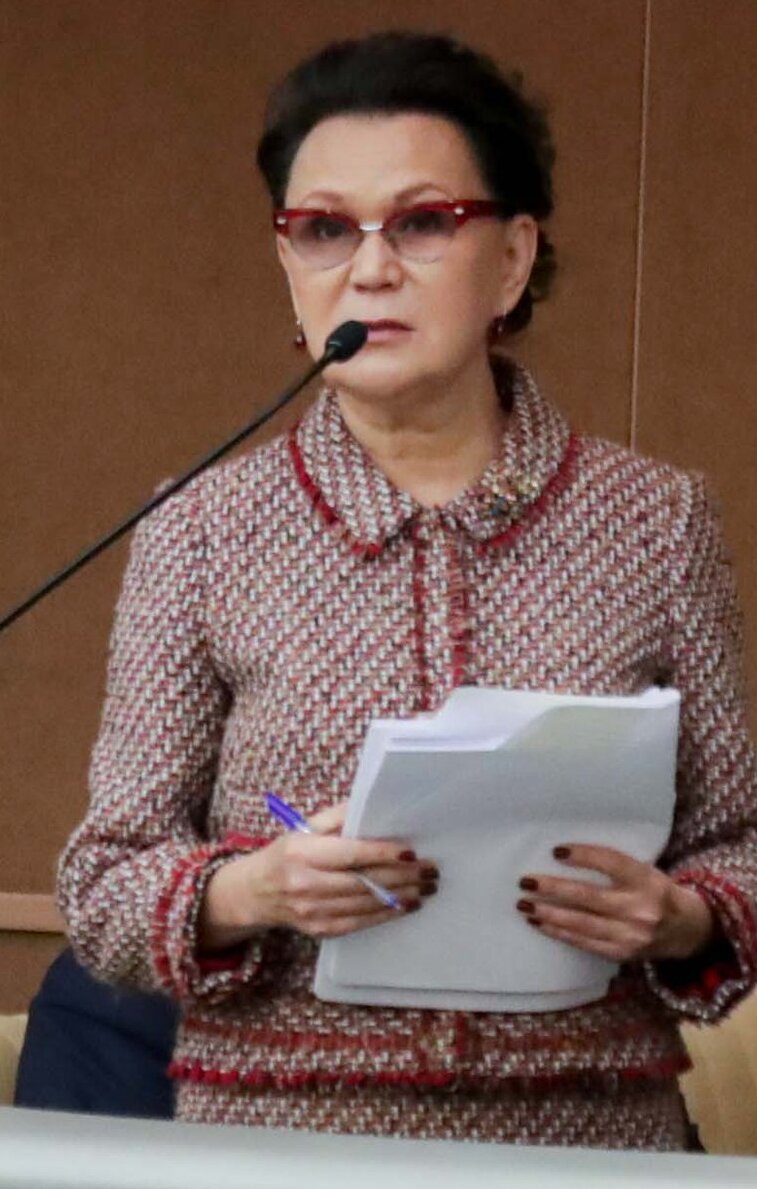
The Federal Security Service of the Russian Federation is the principal security agency of Russia and the main successor agency to the Soviet Union's KGB; its immediate predecessor was the Federal Counterintelligence Service (FSK) which was reorganized into the FSB in 1995. The three major structural successor components of the former KGB that remain administratively independent of the FSB are the Foreign Intelligence Service (SVR), the Federal Protective Service (FSO), and the Main Directorate of Special Programs of the President of the Russian Federation (GUSP).

In the Russian political lexicon, a silovik is a person who works for any state organisation that is authorised to use force against citizens or others. Examples are the Russian Armed Forces, the Russian national police, Russian national drug control, Russian immigration control (GUVM), the Ministry of Justice, FSB political police, former KGB, GRU, the Foreign Intelligence Service (SVR), and the Federal Protective Service (FSO). This word is also used for a politician who came into politics from these organisations.

Mikhail Yefimovich Fradkov is a Russian politician who served as Prime Minister of Russia from 2004 to 2007. An Independent, he was the longest serving director of Russia's Foreign Intelligence Service from 2007 to 2016. Since 4 January 2017, Fradkov has been Director of the Russian Institute for Strategic Studies.

The Foreign Intelligence Service of the Russian Federation or SVR RF is Russia's external intelligence agency, focusing mainly on civilian affairs. The SVR RF succeeded the First Chief Directorate (PGU) of the KGB in December 1991. The SVR has its headquarters in the Yasenevo District of Moscow.

The Bear and the Dragon is a techno-thriller novel, written by Tom Clancy and released on August 21, 2000. A direct sequel to Executive Orders (1996), President Jack Ryan deals with a war between Russia and China, referred respectively in the title as the Russian Bear and the Chinese Dragon. At over 1,028 pages, it is Clancy's longest novel. The book debuted at number one on The New York Times Best Seller list.

Sergey Nikolayevich Lebedev is a Russian politician who has been the General Secretary of the Commonwealth of Independent States (CIS) since 2007. He had previously been General of the Army in the Russian Armed Forces and Director of Russia's Foreign Intelligence Service (SVR) from 2000 to 2007.

The Ministry of Foreign Affairs of the Russian Federation is the central government institution charged with leading the foreign policy and foreign relations of Russia. It is a continuation of the Ministry of Foreign Affairs of the Russian Soviet Federative Socialist Republic, which was under the supervision of the Soviet Ministry of External Relations. Sergei Lavrov is the current foreign minister.

Alexander Vasilyevich Bortnikov is a Russian intelligence officer who has served as the director of the Federal Security Service (FSB) since 2008. He is one of the most powerful members of the silovik faction of president Vladimir Putin's inner circle. A Hero of the Russian Federation since 2019, he also holds the rank of General of the Army, the second highest grade in use in the Russian military. According to some experts, it's likely Bortnikov played a key role in Putin's decision to invade Ukraine in 2022.

Sergey Yevgenyevich Naryshkin is a Russian politician and businessman who has served as the director of the Foreign Intelligence Service since 2016. Previously, he was Chairman of the State Duma (2011–2016) and Kremlin Chief of Staff (2008–2012); he was also chairman of the Historical Truth Commission from May 2009 until it was dissolved in February 2012.
Herman Simm is a former chief of the Estonian Defence Ministry's security department and a convicted Russian spy.
Russian espionage in the United States has occurred since at least the Cold War, and likely well before. According to the United States government, by 2007 it had reached Cold War levels.

The intelligence agencies of the Russian Federation, often unofficially referred to in Russian as Special services, include:

Command Authority is a techno-thriller novel, written by Tom Clancy and co-written with Mark Greaney, and published on December 3, 2013. It is Clancy's last major work of fiction and was released posthumously two months after his death. Set during the Cold War and after the events of Threat Vector (2012), the novel features President Jack Ryan and The Campus as they must deal with Russian dictator Valeri Volodin, a character widely noted as similar to real-life Russian president Vladimir Putin. The book debuted at number one on the New York Times bestseller list.

Taliya Yarullovna Habrieva (Russian: Талия Ярулловна Хабриева Tatar: Хәбриева Талия Ярулла кызы; born 10 June 1958) is a Russian jurist. She was instrumental in preparing the 2020 amendments to the Constitution of Russia that allowed President Vladimir Putin to remain in power after 2024.

The Russian Institute for Strategic Studies (RISS) or (RISI) or (RISY) (Russian: Российский институт стратегических исследований (РИСИ)) is a Russian research and analytical center formed by decree by former Russian Federation President Boris Yeltsin in 1992.
Vitaly Alekseevich Nuikin was a Soviet intelligence officer, and colonel of the KGB of the USSR.
Lyudmila Ivanovna Nuikina — retired illegal Russian intelligence officer, retired colonel of the KGB of the USSR.

Yevgeny Ivanovich Kim was an intelligence officer in the KGB and the recipient of the title Hero of the Soviet Union.






















